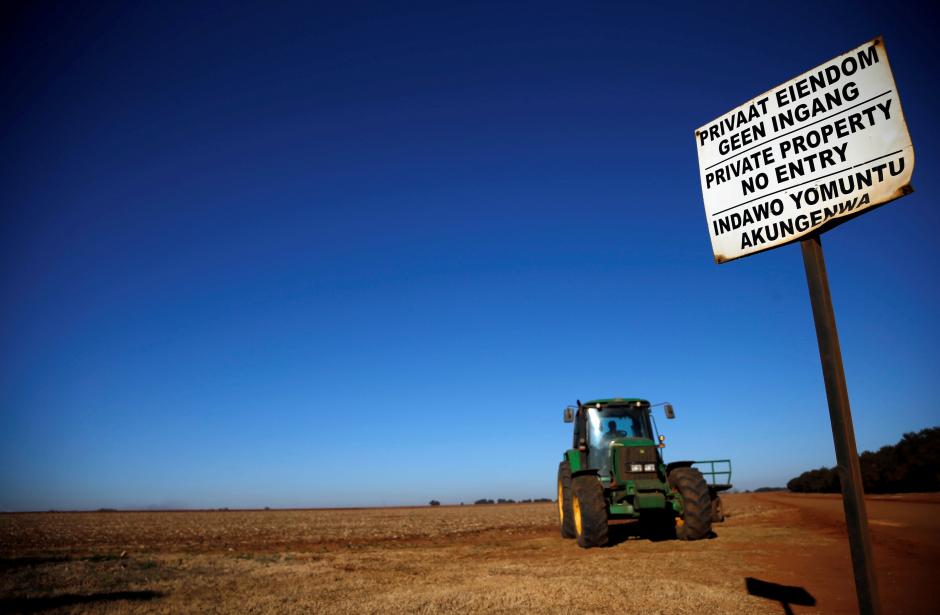
South Africa’s Parliament files affidavit to counter court bid on land reform

South Africa’s Parliament has filed a legal affidavit to counter a court bid to set aside a report on amending the Constitution to pave way for land reform, parliamentary spokesperson Moloto Mothapo said Sunday.
The affidavit is in response to civil group AfriForum’s application to the Western Cape High Court to set aside the report by Parliament’s Joint Constitutional Review Committee (JCRC) on amending section 25 of the Constitution to allow the state to expropriate land without compensation, Mothabo said.
In the affidavit, Parliament argues that AfriForum was deliberately trying to frustrate Parliament’s legislative process, said Mothabo.
Last week, AfriForum launched a court bid, seeking an order to have the JCRC report set aside. The group also approached the U.S. Embassy and some other foreign embassies, seeking their help to force the South African government to stop its controversial land reform.
Parliament has asked the court to dismiss or strike AfriForum’s application from the court roll with punitive costs, Mothabo said.
Earlier this month, the JCRC adopted its report which recommends that section 25 of the Constitution be amended to make it explicitly clear that expropriation of land without compensation by the state in the public interest should be one mechanism to address the injustices of the past, inflicted on the majority of South Africans.
The report, wich will be referring to the National Assembly (Lower House) and National Council of Provinces (Upper House) for consideration, is an interim step, similar to a bill, according to Mothabo.
“It is not final in effect. It may be accepted or it may not,” Mothabo said.
Before adopting the report, the JCRC embarked on an extensive public participation process – at public hearings in each of the nine provinces and meetings and workshops in Parliament.
This is an additional pre-legislative step before the process of introducing a bill, Mothabo said.
“Thousands of South Africans joined the national conversation about land and its role in building our democracy and redressing the wounds of our past,” he said.
After a decision by Parliament, a bill may be introduced, and at that stage Parliament will again invite further and full public comments, in terms of Parliament’s constitutional obligations, according to Mothabo.
In essence, AfriForum wants to interdict Parliament, at this stage, because it alleges that the committee should have considered each submission, including those that the group admits are duplicate submissions, Mothabo said.
The committee did not exclude any submissions except where those were inquiries, unrelated, blank or repeats, said Mothabo.
The ongoing land reform has sparked a heated debate in South Africa. Opponents argue that the process will drive away white farmers, kill jobs and threaten food security.
But the government has assured that it will pursue the land reform without destabilizing the agricultural sector, endangering food security in the country, or undermining economic growth and job creation.
Since taking power in 1994, the government led by the African National Congress has made land redistribution from whites to blacks without compensation one of its priorities.
But land remains predominantly in white hands more than two decades after the end of apartheid, sparking growing discontent among South African blacks.






